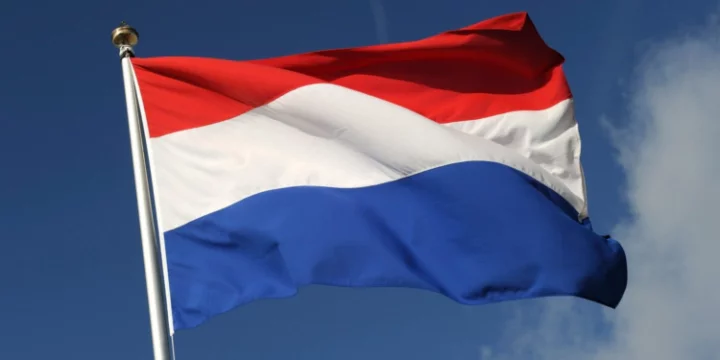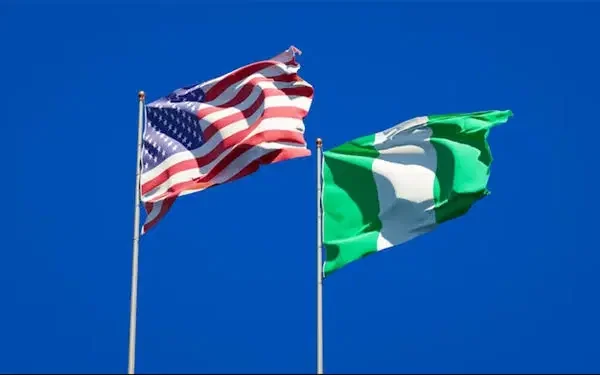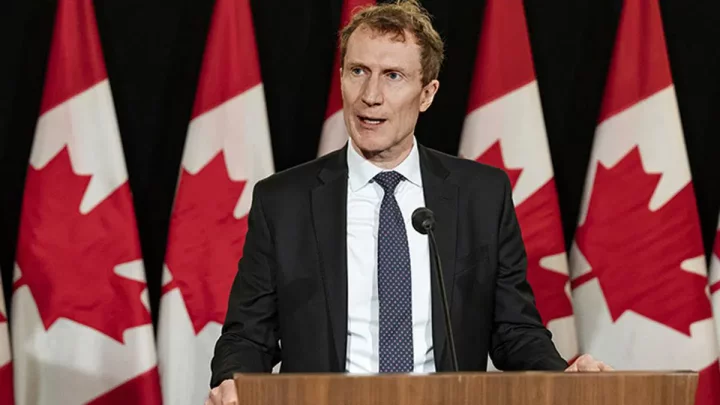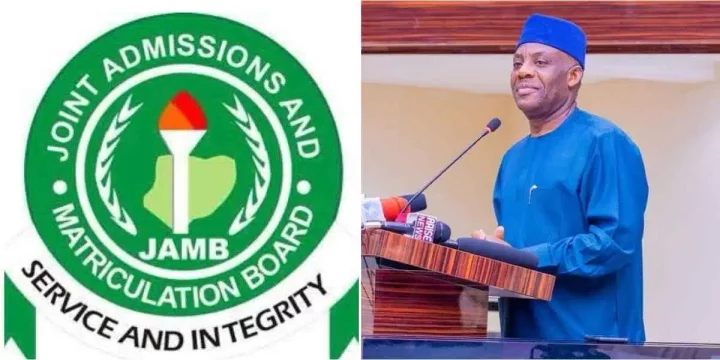
The Universities in the Netherlands (UNL), a collective organization for higher education in the country, has decided to reduce the number of undergraduate courses offered solely in English.
This decision is a response to ongoing demands to cut down the influx of international students. Previously, the umbrella body attributed issues including student housing shortages and a decline in education accessibility and quality to a growth in international student numbers.
Following an agreement made earlier this year, the universities under UNL resolved to stop new English-taught undergraduate programmes, cease international student recruitment activities, and eliminate foundation years for international students.
This action was prompted by the Dutch Parliament's mandate to the government and educational institutions to implement "concrete measures" aimed at curbing English-taught courses.
.Updates on higher education in the Netherlands
In communication with the Education Minister, Robbert Dijkgraaf, UNL outlined interim strategies to bolster Dutch-language teaching. These include:
Transitioning some programs entirely to Dutch, integrating Dutch-language tracks into existing English-taught programs, or setting enrolment limits for English-taught tracks.
Under the recent agreements by UNL members, four bachelor's programs will transition to exclusively Dutch instruction.
Furthermore, 35 programs currently taught in English will incorporate options for Dutch-language study, and enrolment limits for English-speaking students will be applied to 27 programs.
Presently, such quotas are not permitted under existing regulations. However, the proposed Internationalization in Balance bill, which UNL is advocating for rapid government action on, could authorize these measures.
Jouke de Vries, the acting president of UNL, stated that universities are undertaking a significant measure to balance increased internationalization in education with the number of student admissions.
He emphasized that to accomplish this effectively, they require the backing of politicians, particularly through the provision of legal instruments in the near future to regulate the influx of students.
"Universities are taking a serious step in terms of balancing out greater internationalization in education with student intake numbers.
"In order to do that effectively, we need the support of politicians - at the very least in the form of legal instruments made available in the very near future to be able to control the influx of students", according to a statement made by Jouke de Vries, UNL's acting president.
A statement made by UNL, indicated plans to introduce these measures as early as the 2025-2026 academic year, with the goal of preserving the added value of internationalization without adverse impact on the Netherlands.
"Internationalization is very important to the scientific community, our economy and the future of our students.
"It contributes to a stimulating academic environment, responsiveness to international scientific developments and training a sufficient number of talented professionals for the labour market. In addition, international students also hold significant value for the Dutch economy.
"At the same time, universities recognize that internationalization has also created several problems that have necessitated the above measures," UNL said.
















Comments